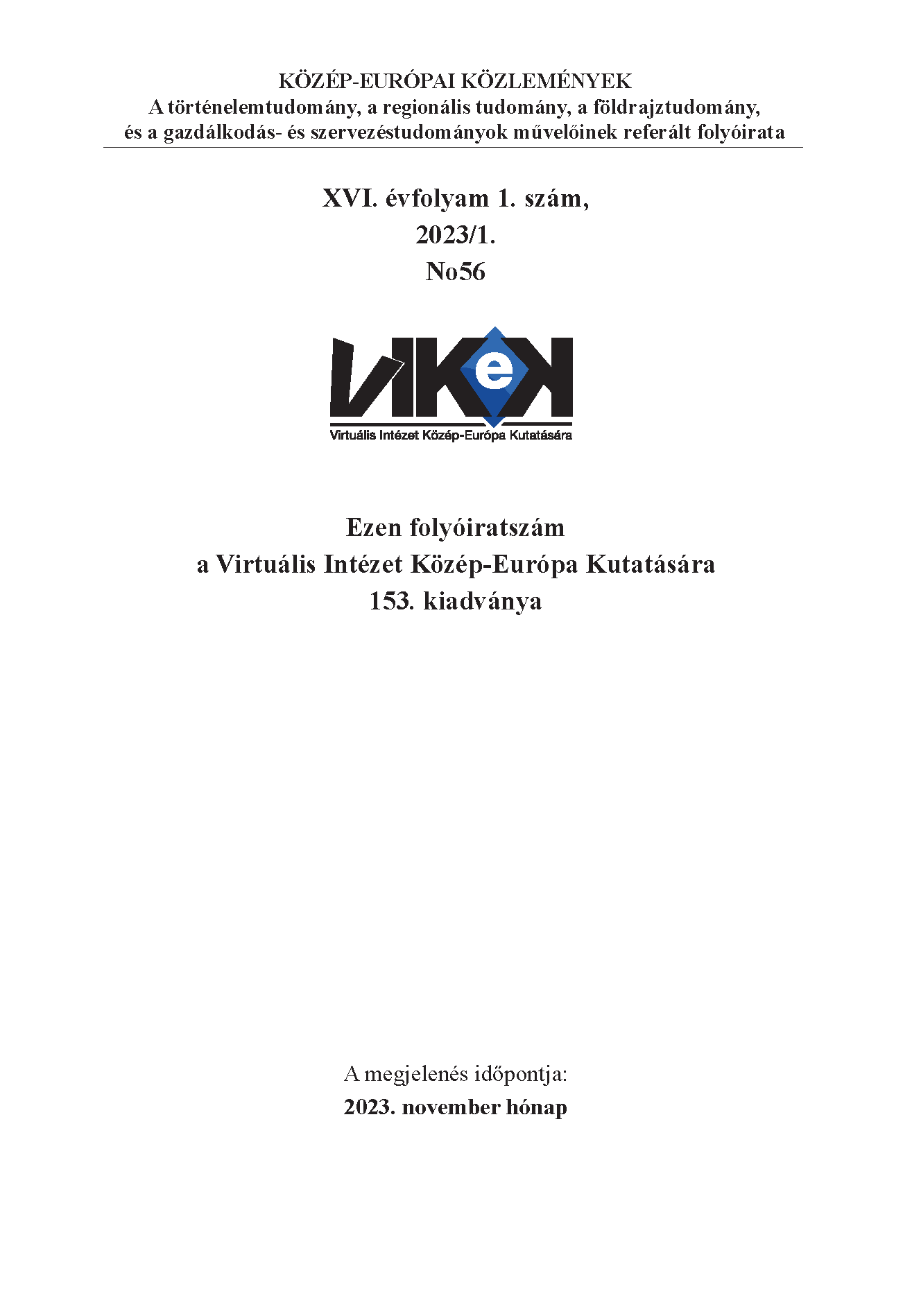Charactteristics of vocabulary development In early school age
Main Article Content
Abstract
Reading tales does not only strengthen the emotional bond between the parent and the child, it also helps develop emotional intelligence and further skills, such as mother tongue skills and problem solving abilities, ethical sense and creativity. We would like to approach the effect tales have on children in three different, but closely related ways: from the viewpont of psychology, children’s linguistic development and communication. As a first step, we examined the connections between reading stories and the vocabulary’s size, the amount and quality of word associations. According to our results, 36% of parents read tales to their children on a daily basis, however, in 12.5% of the cases there are no live tales read whatsoever, their place is normally taken by watching tales on ICT tools. We have found both the active and passive vocabularies to be significantly broader in the case of children who are regularly read to. Even though we had not anticipated this result, our research has also shown that regular bedtime stories have a beneficial, „protective” effect on the vocabularies of children who spend a larger amount of time in front of screens as well.
